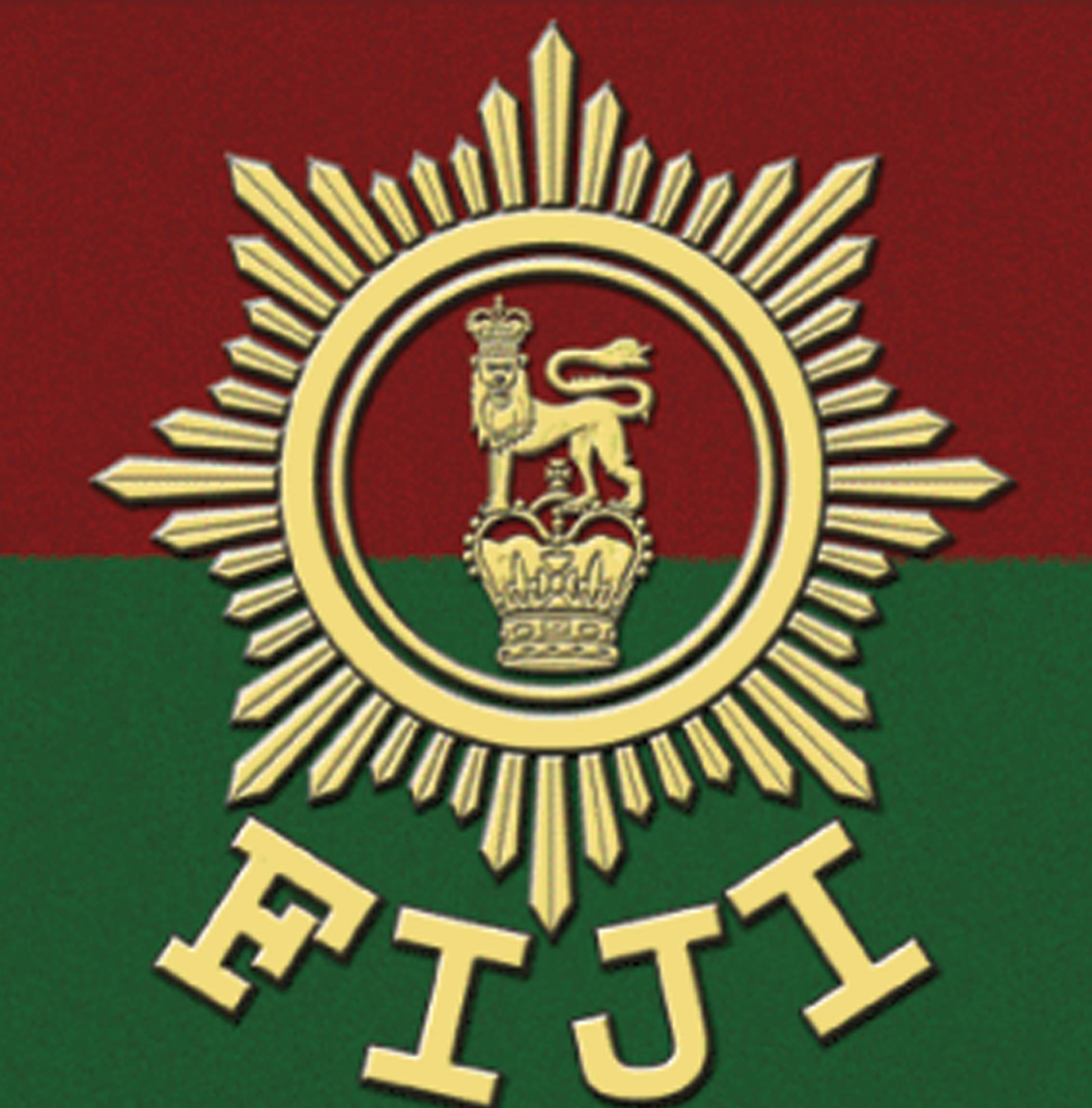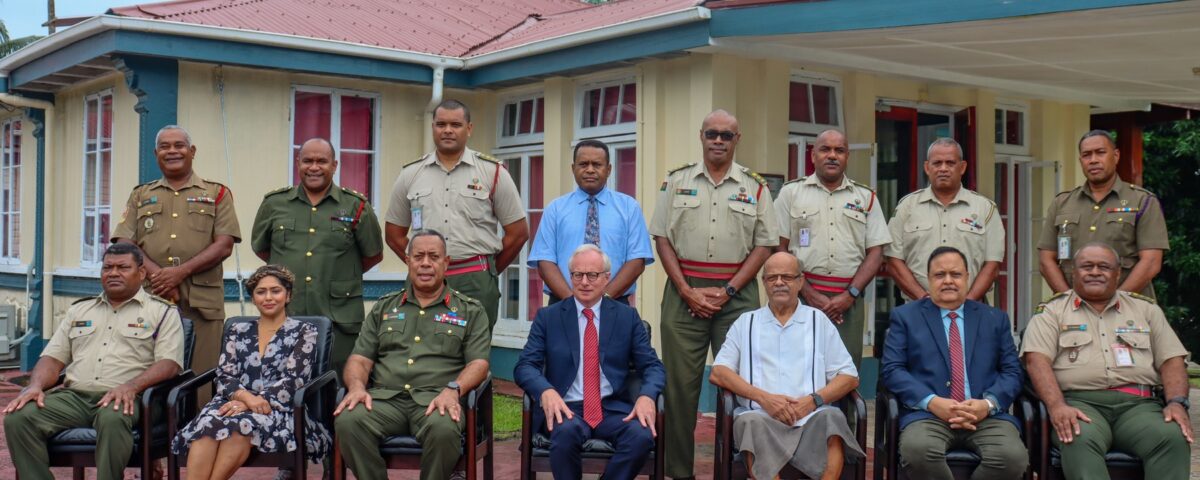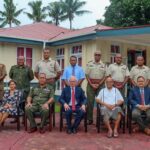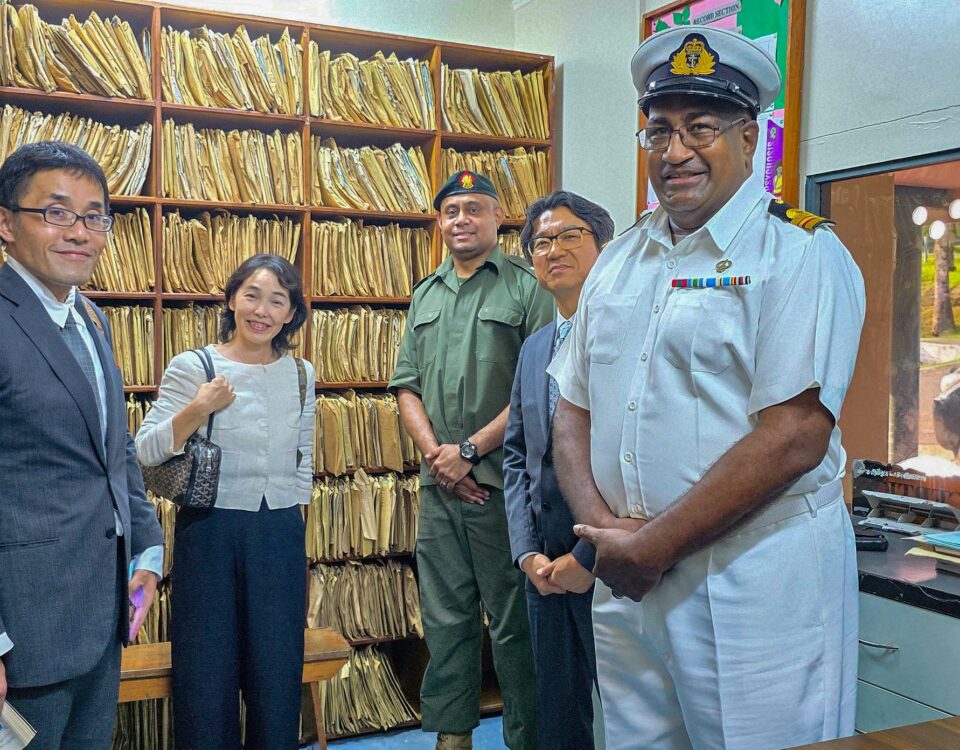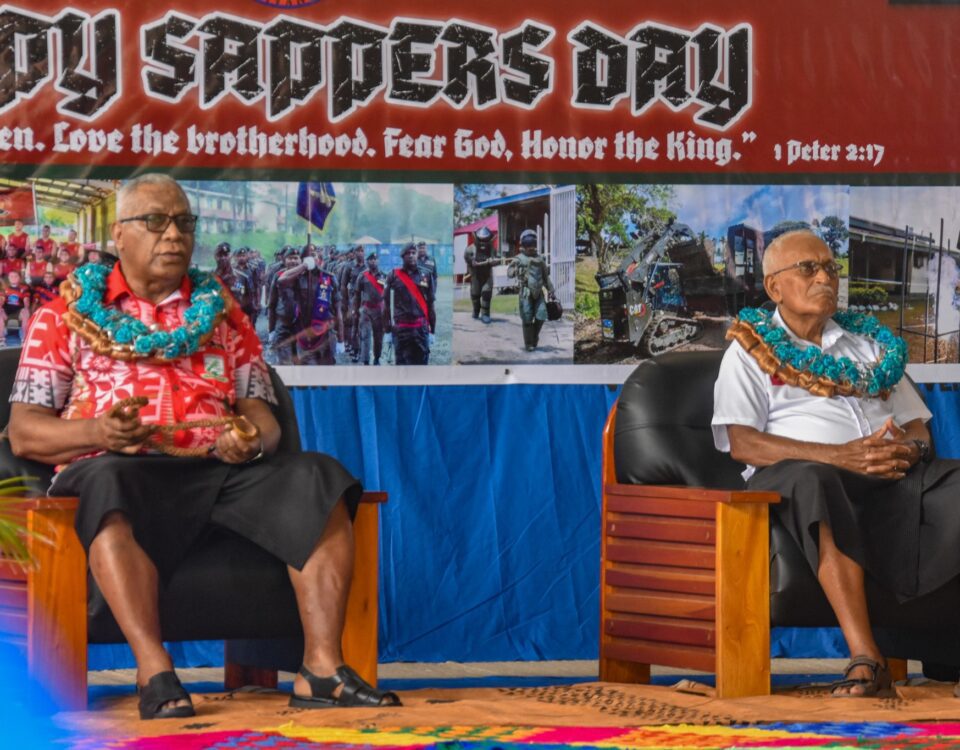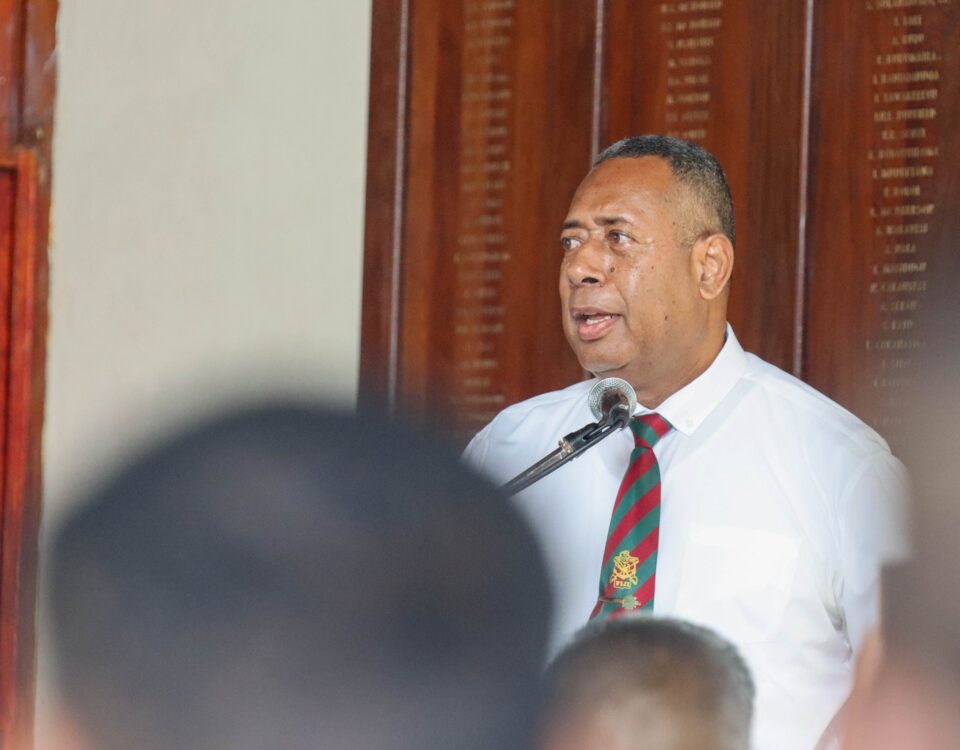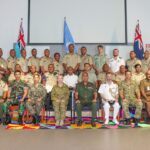
𝐒𝐮𝐜𝐜𝐞𝐬𝐬𝐟𝐮𝐥 𝐂𝐨𝐦𝐩𝐥𝐞𝐭𝐢𝐨𝐧 𝐨𝐟 𝐭𝐡𝐞 𝐔𝐍 𝐌𝐢𝐥𝐢𝐭𝐚𝐫𝐲 𝐎𝐛𝐬𝐞𝐫𝐯𝐞𝐫 𝐂𝐨𝐮𝐫𝐬𝐞
April 15, 2025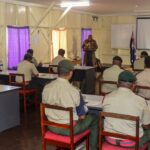
𝟭/𝟮𝟱 𝗚𝗿𝗮𝗱𝗲 𝟯 𝗦𝘁𝗮𝗳𝗳 𝗮𝗻𝗱 𝗧𝗮𝗰𝘁𝗶𝗰𝘀 𝗖𝗼𝘂𝗿𝘀𝗲 𝗖𝗼𝗻𝗰𝗹𝘂𝗱𝗲𝘀
April 17, 2025Today, the Republic of Fiji Military Forces (RFMF) and the Fiji Truth & Reconciliation Commission (FTRC) convened a significant dialogue to share perspectives on the ongoing RFMF Reconciliation and Restoration Process and explore avenues for future collaboration in the national healing process.
The meeting was marked by mutual respect, transparency, and a shared commitment to truth-telling, accountability, and reconciliation. The RFMF provided a comprehensive briefing on its internal reconciliation efforts, which commenced formally in March 2023 and have since evolved into a nationally inclusive process. The presentation outlined a structured, two-phased approach grounded in awareness campaigns, institutional reflection, community outreach, truth-telling, and peacebuilding, all embedded within Fiji’s cultural and spiritual traditions.
The FTRC Chairperson, Mr. Marcus Brand, commended the RFMF for its courageous and forward-leaning initiative. He noted that few institutions globally have undertaken such a rigorous and introspective process of reconciliation. The Commission acknowledged the RFMF’s genuine efforts to engage former service members, community leaders, traditional authorities, political stakeholders, and survivors from all sides of Fiji’s past upheavals.
Both institutions agreed that reconciliation is not a finite event but a continuous process requiring national ownership, inclusive participation, and sustainable support mechanisms. The RFMF emphasized its vision to ensure that past mistakes are not repeated, and that its role as a guardian of Fiji’s constitutional order remains anchored in service to all citizens, regardless of ethnicity, background, or political belief.
The FTRC, for its part, reiterated its mandate to independently and respectfully investigate the root causes and impacts of Fiji’s political crises since 1987. The Commission expressed its intention to include military perspectives—past and present—as essential to the development of an accurate historical record. It also requested the RFMF’s continued cooperation in the form of access to documents, testimonies, and joint engagement opportunities.
Both the RFMF and FTRC acknowledged the importance of trauma-informed approaches to healing, and the need for psychosocial support for all those affected, including military personnel. They recognized the value of interfaith dialogue, traditional storytelling, and memorialization efforts in restoring dignity and promoting unity.
As Fiji moves forward, the RFMF and FTRC affirmed their shared belief that transparency, inclusivity, and reconciliation are not signs of weakness, but the very foundations of national strength. They committed to exploring pathways for deeper collaboration, including joint forums, workshops, and educational outreach, to build a resilient and united Fiji.

